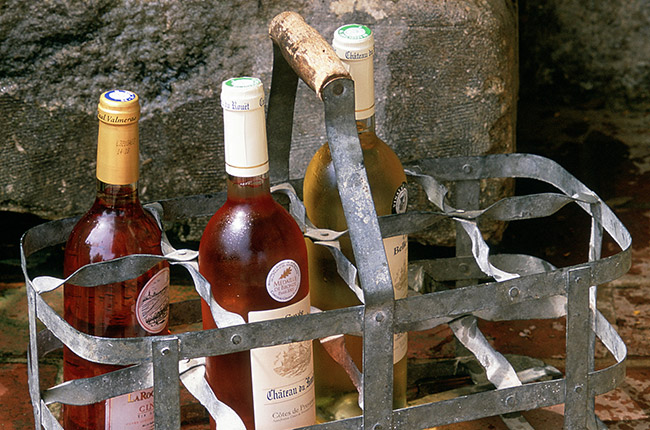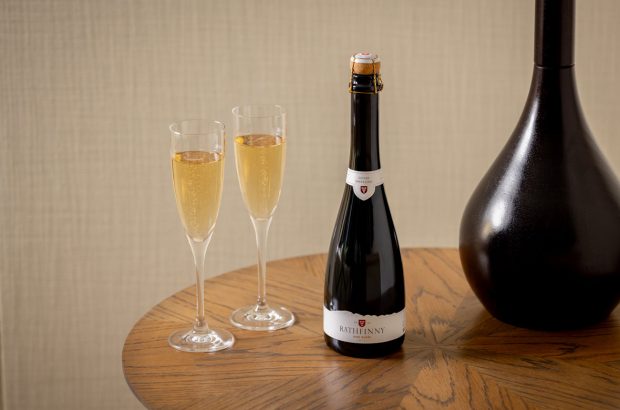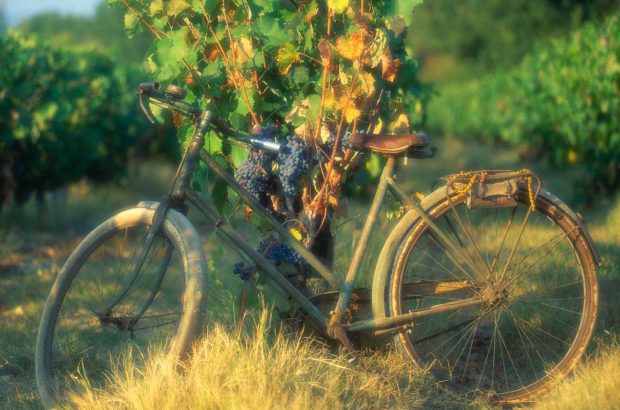Heat and drinking windows
Graeme Ewins, Bristol asks: During the hot weather this summer, my wine suffered from being stored under the stairs at home where the temperature reached 24ºC.
It made me wonder what storage temperature wine reviewers have in mind when they specify a drinking window. Would this be an ideal cellar temperature, or an ambient room temperature of, say, 18°C to 22ºC?
Christelle Guilbert, Decanter tasting director, replies: All drinking windows assume ideal storage conditions, under which the chemical process of ageing is carefully controlled.
At higher temperatures, wine will age faster and not necessarily in the desired way as the process becomes more volatile. The wine will also be more prone to oxidation.
This problem tends to be exacerbated if the storage temperature fluctuates widely, which may provoke what we call cooked wine or heat damage. When a bottle is exposed to high temperatures, the liquid expands and it may push the cork out or the wine may leak around the cork.
My advice is to store your most precious bottles professionally (find out where to store your wine in the UK and in the US).
For other bottles, open them earlier than the recommended drinking window and decant them to open up the wine.

High alcohol wines – ask Decanter
Do higher alcohol levels in wines impact on cellaring potential and drinking windows?

How important is serving temperature – ask Decanter
How much of a difference does it make - and why..?

Acidity and wine age – ask Decanter
Does acidity remain constant or can it alter over time? Stephen Skelton MW explains the relationship between acidity and wine





